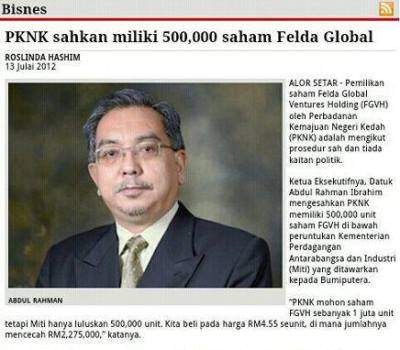 New York, Hong Kong, London…Kuala Lumpur? Malaysia is going gangbusters. Now, it must sustain the momentum.
New York, Hong Kong, London…Kuala Lumpur? Malaysia is going gangbusters. Now, it must sustain the momentum.
The Southeast Asian nation is home to the world’s second and third largest initial public offerings this year—the $3.3 billion listing of Felda Global Ventures and IHH Healthcare’s $2 billion IPO. Meanwhile, the benchmark KLCI hit a record Wednesday after rising almost 7% this year.
State backing for Malaysian equities is a factor. Felda’s IPO was largely bought by government-backed investors such as individual Malaysian states. Mandatory retirement savings boosts domestic pension funds that typically invest a lot in the local market too.
The economy is also performing well. Unemployment is low. Inflation is benign at about 2%. Gross domestic product growth is around 5%. That is important because the Malaysian stock market is mainly comprised of domestically focused companies.
Diverse exports are also relatively robust. Commodities like palm oil, petroleum and gas make up about a quarter of exports, while electronics and manufactured goods make up the rest. HSBC notes that Malaysia’s exports are down just 2% since last August, compared to a 13% aggregate decline for shipments from Singapore, Thailand, Indonesia and the Philippines.
The country’s banks look healthy too. Asset quality is strong and deleveraging by European banks isn’t a big threat, says Moody’s. “Their claims on the Malaysian economy amount to a mere 5% of GDP,” notes the rating company.
Still, there are risks that warrant caution. A prolonged slump in global trade would hurt. Net exports are equal to about 16% of GDP—much higher than the ratio for neighbors such as Indonesia and the Philippines.
Politics is a wildcard too. Prime Minister Najib Razak wants to improve infrastructure and boost investment in sectors including oil and gas and tourism. Investors must hope that agenda stays on track regardless of the outcome of an election expected by early 2013.
Much of the good news may be priced in. Malaysia’s benchmark stock index trades at about 15 times current earnings. Some analysts say that is rich. Malaysia has momentum. But much now depends on domestic politics and the depth of the weakness in global trade.









